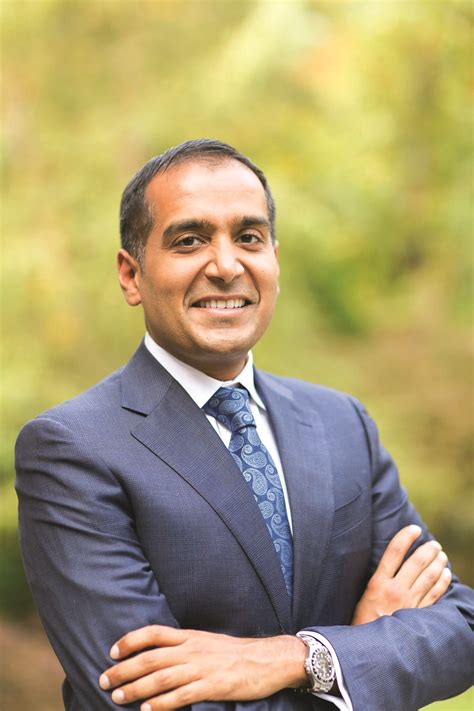A Quote by Jim Ryun
In turn, more physicians, hospitals, and other health care providers are severely limiting their practices, moving to other states, or simply not providing care.
Related Quotes
A central notion in the Affordable Care Act was we had an inefficient system with a lot of waste that didn't also deliver the kind of quality that was needed that often put health care providers in a box where they wanted to do better for their patients, but financial incentives were skewed the other way... We don't need to reinvent the wheel; you're already figuring out what works to reduce infections in hospitals or help patients with complicated needs.
Medicare is a monopoly: a central-planning bureaucracy grafted onto American health care. It exercises a stranglehold on the health care of all Americans over 65, and on the medical practices of almost all physicians. Medicare decides what is legitimate and what is not: which prices may be charged and which services may be rendered.
Most of the people who make decisions about global health are in the U.S. and Western Europe. There, the mental health care system is dominated by highly trained, expensive professionals in big hospitals, who often see patients over long periods of time. This simply can't be done in rural Africa or India. Who the hell can afford that kind of care?






































